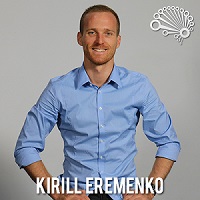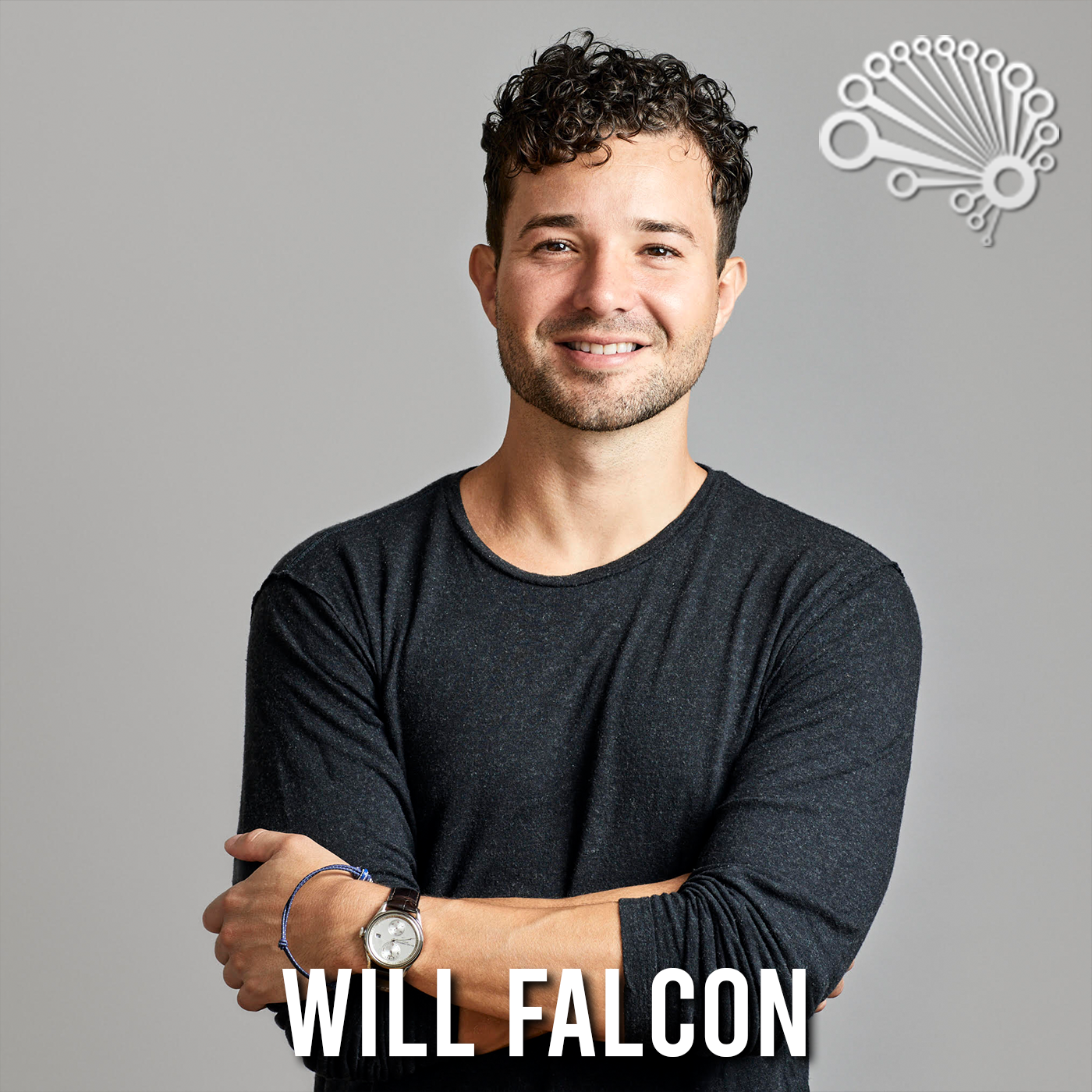This is Five Minute Friday episode number 54: Selective Ignorance.
There’s a saying “ignorance is bliss”. This episode is not about that. It’s not about how being ignorant, you can be happy just because you don’t know about problems or you don’t know about the things that you should know about that should be concerning you.
This episode is a bit different. This episode is about how you can use, and probably should use, ignorance to increase your productivity, increase your focus. And what I mean here is that there is so much going on around us in the world. The world right now is so different to what it was like back in the 19th or even 20th century, when if something happened on the other side of the world, we’d only find out about it within days, or sometimes within weeks, or back in the 18th century, we’d probably never find out about it, or within a year, because there was no internet, there was no communications, information travelled slowly, and therefore you were limited to information that was happening locally around you, not globally.
And things weren’t changing that quickly. Right now we live in a world which changes all the time. All the time. So if you think about it, 10 years ago, that’s when we just started to have iPads. Now everybody has an iPad. If you think about it, like 15 years ago, did we have Facebook 15 years ago? I don’t think we even had Facebook 15 years ago. We only had Facebook what, 11? 12 years ago? That’s when Facebook started. And things are changing very quickly, even if you look back at what was happening last year versus what’s happening this year. You’ve got more self-driving cars on the roads, you’ve got different software applications and apps on your phones, you’ve got different fashion happening in the fashion industry. Lots of things are changing so quickly. And therefore, we get bombarded with information because we don’t live in a local world any more, we live in a global world. And we live in a world that’s growing exponentially rather than just linearly, slowly tracking along. We live in a very dynamic world. Because of those two things, we’re bombarded with information all the time.
And a lot of it is actually negative information. When you look at the news, there’s a negative bias. And you just hear about the bad things. You hear about the floods, you hear about the famine, you hear about the diseases and all these horrible things. But in reality, we live in a good world. But that’s a whole separate topic for discussion. The thing is that it’s very easy to fall into the trap of getting over bombarded with information that is irrelevant or useless in many ways to you as a human being. And even though it might be important to know what’s happening in the middle of Africa, this is information out of your control. This is an event out of your control. It’s an event that most likely has very little to no impact on your immediate goals and tasks, and it could just distract you. And not to say that you have to be completely ignorant and not know about important events that are happening on in the world, elections or things that can affect the geo-political situation, or just events that people are talking about. It might be that it’s still important to know about them, but you don’t have to know about them then and there. You don’t have to know about them right away.
And that’s why selective ignorance is a concept where you consciously select the channels where you’re going to be receiving information from. For instance, I don’t watch the news, I don’t read the news, I specifically try to avoid at any cost websites like CNN.com, BBC – except for documentaries. They have great documentaries. Especially about animals. But like Wall Street Journal, all of these media outlets and even on YouTube, on the right side of YouTube, if you use AdBlocker, on the right side of YouTube in your settings for AdBlocker, you can block all those recommended videos that you see. So basically you go on YouTube, you watch the video that you were after, whether it’s for research or for something, and then that’s it. And then you leave.
Because YouTube is also one of those places where you can get too much information that you actually don’t need. They just bombard you with this information. And by selectively ignorant, you reduce all these media channels. But then the cool thing is that the information that is important will still get to you. And the way it’ll get to you is through other people. And I think Tim Ferriss talks about this, that he – and I think that’s where I picked up this concept – of using other people as filters of information for you. So other people who are totally fine with watching news and visit these websites and share opinions with others as well, they then aggregate, process this information, and then they will still tell you the most important stuff. They will be like hey, have you heard of this?
And you might find out about it like a day later, or two, but then still you’ll get that information and you’ll be updated, but at the same time, it won’t disrupt your workflow, you won’t find out about it in the middle of the day, when you’re most productive, when you’re focused on your things. You’ll be able to be focused, you won’t be pondering about it during the rest of your workday, and you’ll still get access to that information anyway if it is important. If it’s not important then it’ll be just something that you’ll never find out about and I don’t think that’s a big deal because ultimately, you have been more focused and you’ve been able to accomplish more of the goals that matter to you and progress your life forward.
So that’s what selective ignorance is all about, and I hope you have a great weekend. Try it out next week. See how long you can go without visiting websites about news, without reading the news, without picking up a newspaper, without switching on the news on your TV, and try it out for a week. See how you go. See if you feel that you’re missing out on things that are going in the world or if you actually feel more productive and you get more done and you have an opportunity to progress your own life forward.
And on that note, thank you so much for being part of this. I look forward to seeing you next time. Until then, happy analyzing


